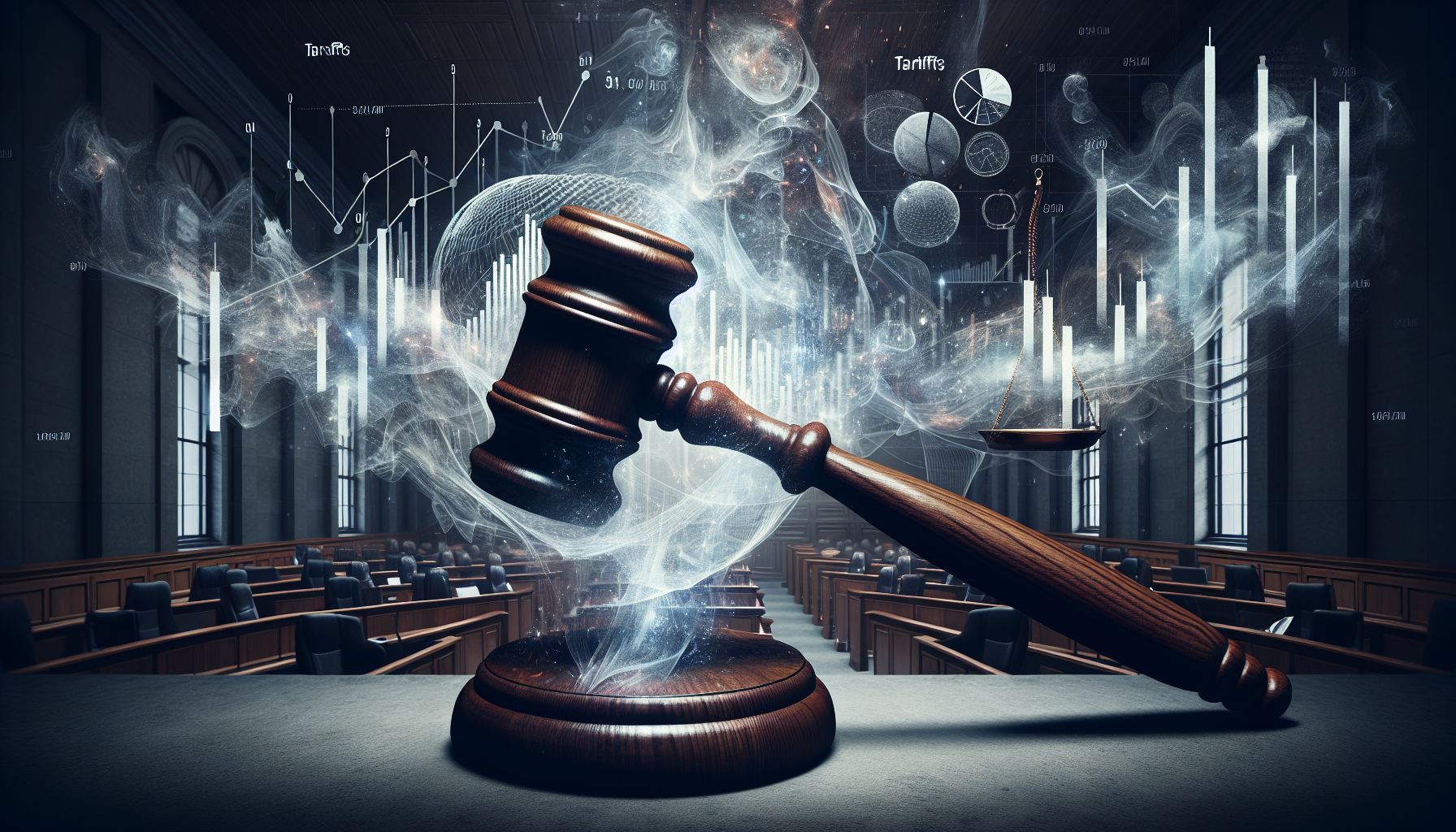
tl;dr
The U.S. Supreme Court's hearing on President Trump's tariffs has sparked a critical debate over executive power, economic policy, and the balance of government authority, with potential ramifications for trade, national security, and future administrations.
The U.S. Supreme Court’s recent hearing on the legality of President Donald Trump’s tariffs has ignited a high-stakes debate over executive power, economic policy, and the balance of authority between the branches of government. The case, which centers on the International Emergency Economic Powers Act (IEEPA) of 1977, could reshape the landscape of American trade and set a precedent for future administrations.
At the heart of the dispute is whether Trump overstepped his authority by invoking IEEPA to impose sweeping tariffs on imports from countries deemed to be unfairly competing with U.S. businesses. The administration argued these measures were necessary to protect American industries and address trade imbalances, but critics, including business leaders and legal scholars, contend the president lacked the constitutional authority to unilaterally alter the tariff system without congressional approval.
During oral arguments, the justices probed both sides with sharp precision. Justice Neil Gorsuch raised concerns about the long-term implications of granting the executive branch broad emergency powers, warning that such authority could be abused by future leaders. “Once this power is handed over, it’s a one-way ratchet,” he said, emphasizing the risk of eroding checks and balances. Other justices questioned whether the IEEPA’s language truly permitted the sweeping tariffs, with some suggesting the law was never intended to authorize such extensive economic intervention.
The legal battle has deepened as lower courts have already ruled against the tariffs, though they remain in effect pending the Supreme Court’s decision. The case has drawn intense public scrutiny, with Trump himself framing the outcome as a matter of national survival. “With a Victory, we have tremendous, but fair, Financial and National Security. Without it, we are virtually defenseless against other Countries who have, for years, taken advantage of us,” he tweeted, underscoring the political stakes.
Economists and analysts warn that the tariffs have had a tangible impact on households and businesses. The Yale Budget Lab estimates the policies cost the average American family $1,800 in 2025, with small businesses and low- to middle-income households bearing the brunt. If the Supreme Court rules against the tariffs, the government could face a massive financial liability, potentially refunding over $100 billion to businesses and consumers. Heather Long of Navy Federal Credit Union noted such a reversal could inject much-needed liquidity into the economy, boosting profits and alleviating pressure on vulnerable sectors.
However, the outcome remains uncertain. Prediction markets like Polymarket currently give the tariffs a 27% chance of surviving, reflecting widespread skepticism about their legal foundation. Legal experts suggest the Court might strike down the tariffs but leave room for alternative mechanisms, such as investigations into foreign trade practices, to justify future restrictions. Yet even a partial ruling could complicate Trump’s legacy and signal a broader reevaluation of executive authority in trade policy.
The case also raises broader questions about the role of the judiciary in shaping economic policy. With the Court’s decision expected by December, the ruling will not only determine the fate of Trump’s tariffs but also set a critical precedent for how future presidents navigate the intersection of emergency powers and congressional oversight. As the nation awaits the verdict, the implications for trade, national security, and the balance of power remain profound.